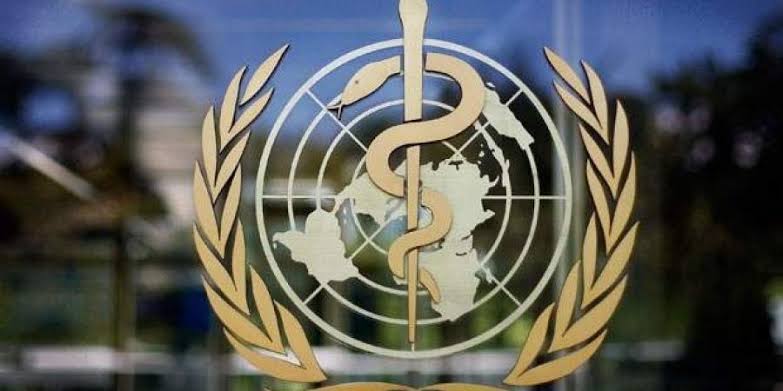By Haruna Gimba
The World Health Organisation (WHO) says the globally reported cases of COVID-19 have increased by nearly 30 per cent over the past two weeks.
WHO Director-General, Dr. Tedros Ghebreyesus, said this on Wednesday during an online COVID-19 media briefing.
Ghebreyesus said that four out of six of the WHO sub-regions saw cases increasing in the last week.
“In Europe and America, BA.4 and BA.5 are driving waves. In countries like India, a new sub-lineage of BA.2.75 has also been detected, which we’re following,” he said.
According to him, compounding the challenge are many factors.
Ghebreyesus said the first was that testing has reduced dramatically in many countries.
He said it obscures the true picture of an evolving virus and the real burden of COVID-19 disease globally.
The director said it also meant that treatments are not given early enough to prevent serious illness and or death.
“Second, new treatments, especially promising new oral antivirals, are still not reaching low and low-middle income countries, depriving whole populations that need them.
“Third, as the virus evolves, vaccine protection while still really effective at preventing serious disease and death does wane.
“Decreasing immunity underscores the importance of boosters, especially for the most at-risk.
“Fourth, each wave of the virus leaves more people with the long-COVID or post-COVID condition,” he said.
According to Ghebreyesus, it obviously impacts individuals and their families but it also puts an extra burden on health systems, the wider economy, and society-at-large.
He said the challenges required action at a global, national and local level.
He said that governments, scientists, manufacturers, WHO, and citizens themselves all have their part to play
According to him, essential steps to take include, vaccinating and boosting those at most risk.
Ghebreyesus said such included older people, people with chronic illnesses, the immunocompromised, and health workers noting that such steps will then help build up the wall of immunity throughout the population.
He said the second was to make new oral antivirals and other treatments available to all.
The director said that working with Global Fund, United Nations Children’s Fund (UNICEF) and WHO, have developed an allocation mechanism to support countries as antivirals become available.
“So far, 20 countries have accepted allocations of Molnupiravir, which has moved into distribution. For Nirmatrelvir-Ritonavir, – or Paxlovid – 43 countries have expressed interest.
“However, our organisations are still trying to finalise with Pfizer the appropriate terms and conditions for low- and middle-income countries,” he said
According to him, this is delaying access and some countries may choose to wait for a generic version of the antiviral, probably available only in early 2023 and this will cost lives.
“I call on Pfizer to work closely with health agencies and countries to ensure its new oral antiviral is available quickly and effectively,’’ he said.
Ghebreyesus said the third was especially if you’re in a place where cases are on the rise, use tried and tested public health measures to mitigate risk.
“For example, if you’re in a crowded place or inside and there’s poor ventilation, put on a mask. And if you’re sick, and you can, stay home.”
The fourth, he said, was crucial to accelerate research and development into the next generation vaccines, tests, and treatments.
“WHO is working with scientists and researchers around the world to make this happen.
“Through the Solidarity Trials, WHO can ensure maximum efficiency of clinical trials so that new tools are developed quicker. We don’t know what the next variant will be like.
“This requires that we apply the tools we have now and that we develop the next generation of countermeasures quickly,” he said.
The WHO boss said the fifth was to continue to work to strengthen the global health architecture for health emergencies and response at all levels.
According to him, the organisation welcomes the news about the creation of the financial intermediary fund (FIF), which will focus on strengthening pandemic prevention, preparedness, and response capacities.
He said the organisation would operate at a national, regional, and global level, with a focus on low- and middle-income countries.
“WHO and the World Bank will take the design forward with the founding donors and broader stakeholders.
“We hope the fund will expand and that this will become an important component of a comprehensive financing solution for health emergencies.
“Also, the pandemic accord process must continue at a pace. This remains a generational opportunity to improve how countries prepare for and respond to new pathogens,” he said.


